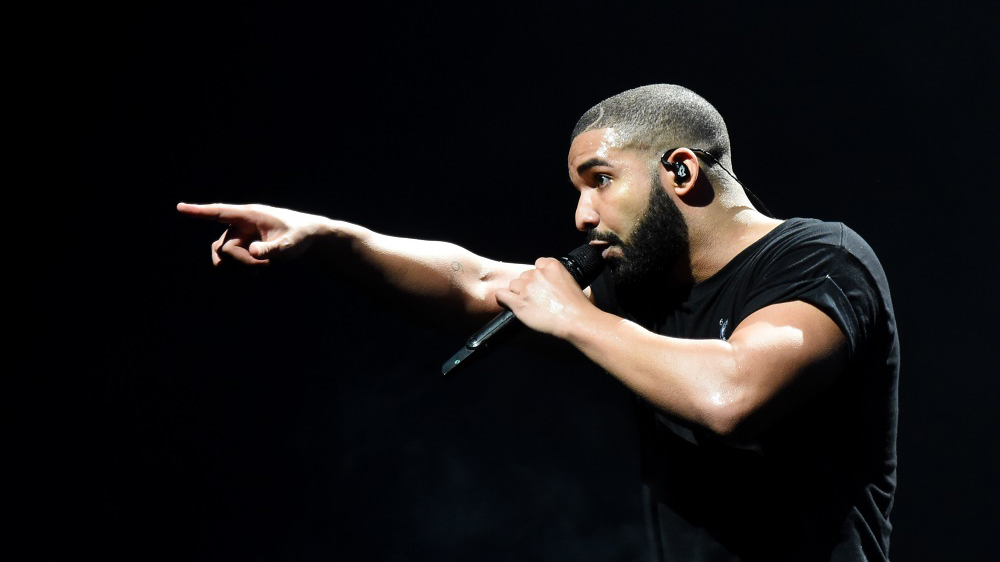Universal Music Group: What’s Behind Vivendi’s Selloff Plan?
By Shirley Halperin
LOS ANGELES (Variety.com) – Vivendi’s plan to sell up to half of its crown jewel , Universal Music Group, was welcomed by the Paris stock market and pushed the French company’s shares up by 3.7% on Tuesday. But it also instantly raised questions as to what lies behind the move, one of the boldest so far by new chairman Yannick Bolloré.
“This is the work of a shark,” said one music industry insider, who credits Bolloré with taking advantage of opportunities in a seller’s market. Another views the French executive as a “contrarian investor” willing to take risks and wait out a down period if there’s value on the other side, as happened when Vivendi bought EMI in 2012. To that end, it makes sense for Vivendi to test the marketplace and see what it could get for UMG – the world’s biggest music company, boasting eight of the top 10 albums of 2018 so far – without having to pursue an arduous IPO.
In seeking one or two “strategic investors” who would own no more than 50% of UMG, Vivendi appears to be looking not so much to offload half the company as to maintain control by bringing on a passive partner. Look at Mubadala’s interest in EMI Music Publishing: Before selling its 60% stake, the private equity firm was essentially a hands-off owner, content to collect steady returns. It recently sold EMI – whose catalog features some 2.1 million songs, including titles by Carole King, Motown classics and standards like “Somewhere Over the Rainbow” – to Sony for $2.3 billion.
As for UMG, a deal isn’t necessarily imminent. Rather, an 18-month courting of potential bids, in what one person at a major label calls an exceptionally “frothy market,” would help Vivendi determine what the music company is worth. After all, streaming giant Spotify, which licenses music, unlike the labels and publishers that own master recordings and song rights, has a valuation of around $30 billion. “It would be irresponsible not to see what Bolloré could get,” the industry insider told Variety.
“We know there is a growing interest in the music industry,” Vivendi CEO Arnaud de Puyfontaine told analysts on a July 30 conference call. “We do think that there is a favorable momentum and the process that we are getting into is really to be able to crystallize the ’s value in that context, and also to find the right partner or right partners to be able to accelerate this trend in the best possible way for Universal Music, for Vivendi and for all its shareholders.”
UMG has bolstered Vivendi’s financial results for the last several years. During the first half of 2018, UMG’s income from operations, which rose by 23.5% to €355 million ($415 million), accounted for nearly 70% of all of Vivendi’s income. But Vivendi has not succeeded in achieving significant synergies between UMG and Vivendi’s other companies, Canal Plus Group and video-sharing platform Dailymotion, said Francois Godard of London-based Enders Analysis.
“Vivendi has been looking for ways to make some profit off of UMG for some time – it previously considered an IPO,” Godard said. “I see this sale of 50% as the first step. The second will probably be the sale of the other half UMG.”
Who might take a stake in UMG? A platform like Apple or Google could face regulatory issues; a telco like AT&T that might be looking for a big media play would be a better bet. Or, as with Mubadala’s investment in EMI, which it sold to Sony , Vivendi could look east, to Chinese Internet giants Alibaba or Tencent, with the caveat that doing business in China presents its own unique set of challenges.
UMG chairman Lucian Grainge will run point throughout the process, De Puyfontaine said on Vivendi’s midyear earnings call Monday: “With regard to the UMG strategic aims, it is clearly those defined by Sir and his team.” Indeed, an insider confirmed that Bolloré defers to Grainge on music matters.
Stable, trusted management will be key even if a deal isn’t signed in the near future. At Sony/ATV, for example, Martin Bandier remains chairman following the acquisition of EMI, a company he knows intimately, having shepherded it throughout the 1990s and into the mid-2000s; his continued tenure has sent a reassuring message of stability and continuity to artists, songwriters and producers.
De Puyfontaine said cash from a UMG sale would be used for external growth and share buyback.
Vivendi could be aiming to invest in media companies across Europe. “Vivendi has been saying it wants to become a European Netflix, but right now, the group strategy is unclear,” Godard said, referring to Vivendi’s experiences with Italian companies Mediaset and Telecom Italia.
Vivendi is Telecom Italia’s single largest shareholder, with a 24% stake, but it lost control of the telco’s board in May after a bitter fight with a U.S. hedge fund. Meanwhile, Vivendi is still embroiled in a legal spat with Mediaset.
Another possibility for Vivendi would be to invest in a video game company, following the sale of its 27% stake in Ubisoft for €1.2 billion ($1.4 billion). Vivendi already owns Gameloft, which recently launched the game Paddington Run, based on Studiocanal’s hit movie franchise “Paddington.”

